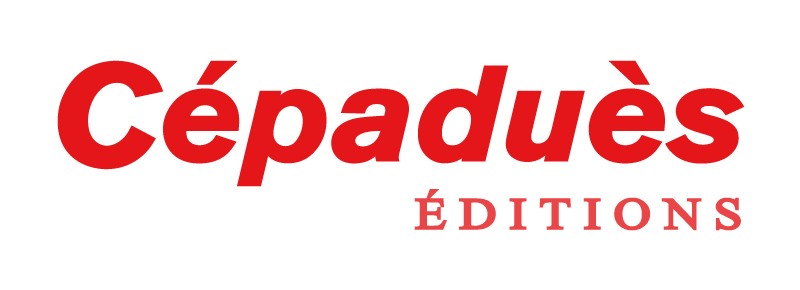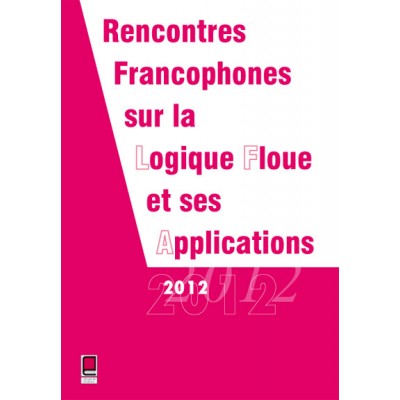Régression floue pour l'approximation d'intervalles graduels
Dans cet article, une stratégie d'approximation est
proposée pour déterminer l'intervalle flou le plus proche
d'un intervalle graduel non-monotone. L'approximation
est vue comme un problème de régression pour des
données de type intervalle. Pour une structure fixée du
modèle d'approximation, la phase d'identification
paramétrique est spécifiée sous la forme d'un problème
d'optimisation sous contraintes. La méthodologie
d'approximation proposée est appliquée au cas de
l'approximation floue d'une moyenne graduelle
pondérée, calculée en utilisant l'arithmétique de
Kaucher pour des Intervalles Graduels Etendus (IGE).
Dans ce contexte, la connaissance de l'origine des
données de régression permet de fixer une forme
analytique du modèle d'approximation en adéquation
avec les données et ainsi d'améliorer fortement la
qualité de l'approximation par rapport à celle obtenue
avec des intervalles flous trapézoïdaux.
In this paper, a strategy of approximation is proposed
to determine the fuzzy interval nearest to a gradual nonmonotonic
interval. The approximation is viewed as a
regression problem for interval data. According to the
structure chosen for the approximation model, the
parametric identification is specified as an optimization
problem subject to constraints. The proposed
methodology is applied to the fuzzy approximation of
some version of the gradual weighted average,
computed using the Kaucher's arithmetic with extended
gradual intervals. In this context, knowledge of the
origin of the regression data set allows an analytic
formulation of the approximation model in adequacy
with the data and thus greatly improves the quality of
the approximation compared to that obtained with fuzzy
trapezoidal intervals.

